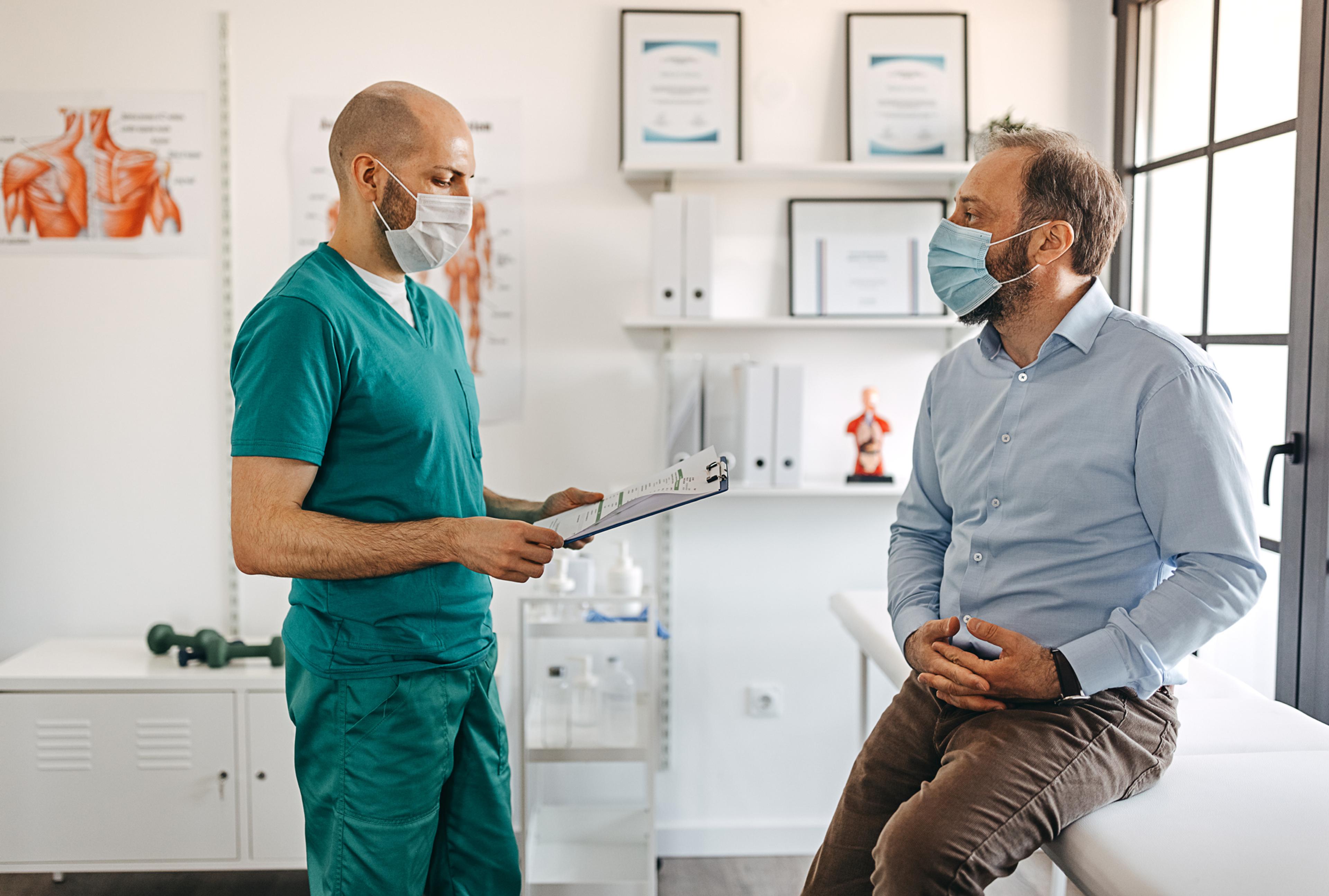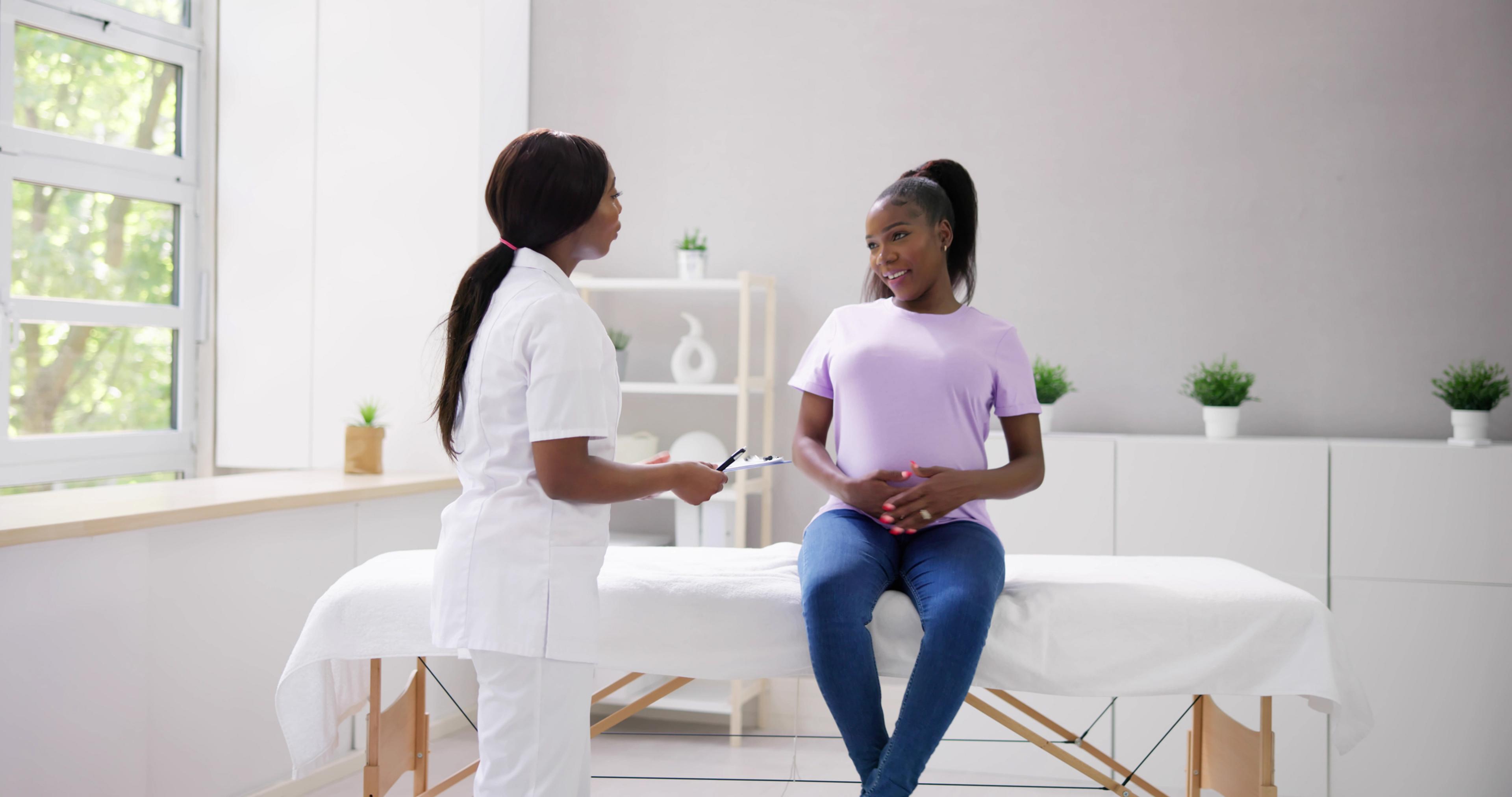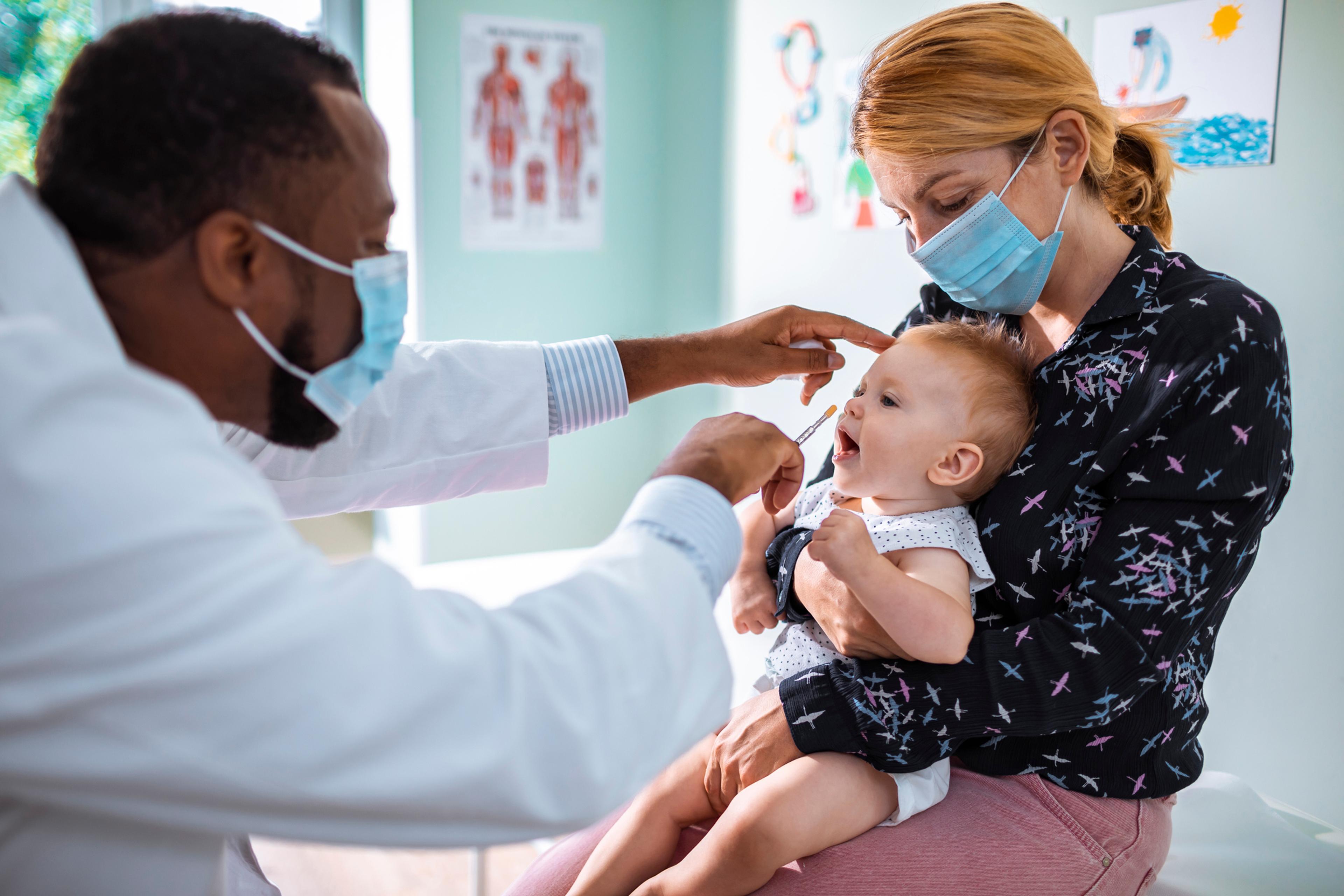HPV’s Connection to Throat Cancer in Men
Amy Barczy
| 3 min read
Amy Barczy is a former brand journalist who authored content at Blue Cross Blue Shield of Michigan. Prior to her time at Blue Cross from 2019-2024, she was a statewide news reporter for MLive.com. She has a decade of storytelling experience in local news media markets including Lansing, Grand Rapids, Holland, Ann Arbor and Port Huron.

Cases of throat cancer are on the rise among men – and the cause is human papilloma virus (HPV).
Throat cancers used to be linked only to drinking alcohol and smoking cigarettes and other tobacco products; but those rates declined over the past several decades as smoking became less popular.
Now, HPV accounts for 71% of all new oropharyngeal cancer (cancers of the tonsils, base of the tongue, soft palate and uvula). These cancers sometimes carry no symptoms, or symptoms that could be confused with a common cold – like long-lasting sore throat, hoarseness, pain when swallowing, earaches and swollen lymph nodes.
More recently, rates of throat cancer in men from HPV have surpassed that of cervical cancer in women from HPV. Health experts are still studying the dynamics of this trend.
What is HPV?
Genital HPV is the most common sexually transmitted infection in the U.S. Most sexually active people contract the virus at some point in their lives because it spreads easily through skin-to-skin contact.
HPV affects both men and women. In addition to causing genital warts, it can cause anal cancers, and cancers of the mouth, throat, head and neck. In women, HPV can lead to cervical cancer, as well as vaginal and vulvar cancer.
More than 4 out of every 10 cases of cancer caused by HPV occur among men; and each year, more than 14,000 men are diagnosed with cancers caused by HPV in the U.S., according to the Centers for Disease Control and Prevention.
How to prevent cancer from HPV
There are nearly 100 strains of HPV; and a small group of 15 strains are considered high-risk for cancer that are primarily spread through sexual contact.
HPV is common: nearly 80 million Americans are living with HPV, and many are teenagers or individuals in their early 20s. Yet it’s hard to know if you, or your partner, has an active HPV infection – leaving many at risk of further infection.
That’s why health experts stress the importance of the HPV vaccine. It can prevent many of the highest risk strains of HPV.
The HPV vaccination is most effective when given to adolescents before they become sexually active, according to the CDC. Receiving the vaccine as an adolescent is not linked to earlier sexual activity.
Health experts at the CDC recommend girls and boys receive the HPV vaccine between the ages of 11 and 12 – and it can be administered as early as age 9.
For men and women who have not been fully vaccinated and are age 26 and younger, the CDC recommends receiving the HPV vaccine.
For patients aged 27-45, it is recommended to have a shared decision-making visit with your doctor to decide if you need to be vaccinated based on your risk of HPV infection.
Photo credit: Getty Images





